Politics
Modi warms to China, Russia amid Trump’s cold shoulder
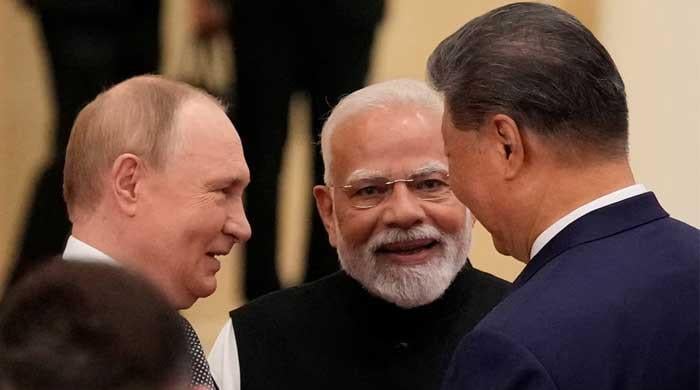
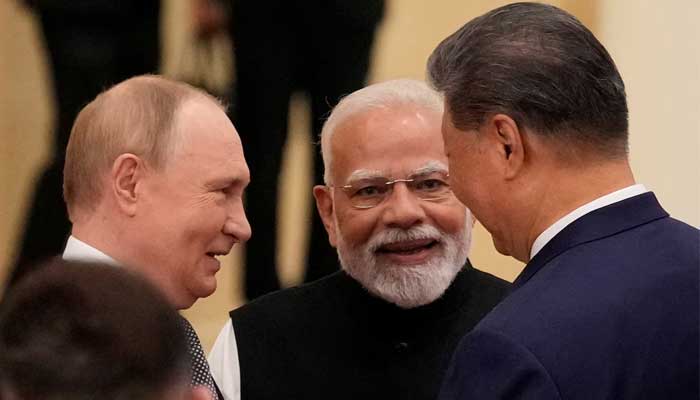
- US administrations have sought closer ties to India.
- Modi strengthens ties with China, Russia amid Trump tensions.
- Quad summit uncertain as Trump prioritises China trade deal.
Images this week of Indian Prime Minister Narendra Modi holding hands with Russian President Vladimir Putin at a summit hosted by Chinese President Xi Jinping seemed to confirm what many experts have already concluded — the US has stumbled in its effort to draw India into its diplomatic orbit.
Successive US presidential administrations have sought to cultivate the historically non-aligned India as a strategic counterweight to China and Russia.
But as the images of Modi in Tianjin underlined, US President Donald Trump appears for now to have undercut that goal with a series of actions. These have included piling 50% tariffs on Indian goods and publicly browbeating New Delhi over what his administration sees as its opportunistic purchases of cheap Russian oil.
The souring of the India relationship comes even as US adversaries China, Russia and North Korea have tightened their ties, despite Trump’s desire to reset relations with each of them. On Wednesday, the leaders of the three countries appeared together in public for the first time at an event to mark the end of World War Two.
And Modi, in a signal to Trump, is showing a willingness to boost rather than reduce ties with Moscow — and to look past his suspicions of Beijing.
“I fear we are locked into a long downward spiral because neither leader is willing to pursue the personal outreach necessary to repair the relationship,” said Ashley Tellis, who served in the White House of Republican President George W. Bush and is now at the Carnegie Endowment for International Peace think tank.
“The problem now is Trump’s deepening grievances against India,” Tellis said. “He may change his mind down the road, but presently the imperative of securing a trade deal with China trumps all other geopolitical considerations.”
Indian officials have been rankled by having their trade proposals rejected and their arch-rival Pakistan honoured by Trump, slights compounded by the US president claiming credit for resolving decades-long tensions between the South Asian neighbours, which India regards as a bilateral affair.
Tanvi Madan, an India specialist at the Brookings Institution, said US criticism of Modi’s meetings with Xi and Putin struck Indians as odd just weeks after Trump rolled out the red carpet for the Russian leader and given the US president’s own plans to meet with Xi.
“That criticism and pressure on India isn’t going to sway India from seeking strategic autonomy; it is going to reinforce that instinct,” she said.
White House spokeswoman Anna Kelly said Trump’s foreign policy record “is unparalleled because of his uncanny ability to look anyone in the eye and deliver better deals for the American people,” including brokering an India-Pakistan ceasefire.
“President Trump and Prime Minister Modi have a respectful relationship, and teams from both the US and India remain in close communication on the full range of diplomatic, defence and commercial priorities in our strategic partnership,” she said.
India’s foreign ministry did not respond when asked for comment.
An Indian official, speaking on condition of anonymity, said the Trump administration’s narrative on India, including recent comments by Trump’s advisers, was unjustified but Delhi continues to engage with it. The official said the thaw with China has been happening since October and is not targeted at the US.
China vs India
Modi’s improving relations with Xi are especially striking given long-standing Sino-Indian tensions and sometimes outright hostility, including a military clash on their disputed border in 2020. His trip to China was his first in seven years.
Trump’s recent attacks have thrown assumptions of a mutually beneficial US partnership with India into the air, with his “America First” approach often hitting Washington’s major partners and allies harder than its traditional geopolitical adversaries.
“We get along with India very well, but India, you have to understand, for many years it was a one-sided relationship,” Trump told reporters on Tuesday, reprising a theme he has raised multiple times in recent weeks.
China, India and Russia are all original members of the BRICS, a group Trump has dubbed “anti-American.” Another BRICS nation, Brazil, which like India has been an important US partner, has also been targeted by Trump, facing stiff tariffs and accusations that it is pursuing a “witch hunt” against his far-right ally, former President Jair Bolsonaro.
Referring to the images of solidarity in Beijing, White House trade adviser Peter Navarro on Monday called it “a shame to see Modi getting in bed as the leader of the biggest democracy in the world, with the two biggest authoritarian dictators in the world in Putin and Xi Jinping.”
Trump’s advisers say the shift in tone is not intended as a pivot away from India, but to speak frankly with a partner.
Risks to the quad
Trump courted Delhi during his first term, hosting a joint “Howdy Modi” rally in Texas in 2019, and revived the Quadrilateral Security Dialogue, or Quad, that also includes Japan and Australia.
Modi quickly sought to rekindle ties after Trump’s November election victory, calling to congratulate him within hours, dispatching his foreign minister to sit in a prime seat at the inauguration and launching an account on the Trump-backed Truth Social platform — though he hasn’t used it since July.
But Trump quickly took aim at the trade imbalance and immigration issues. When Modi visited Washington in February, trade was firmly the focus and they agreed to work toward a limited trade deal by fall 2025, to expand bilateral trade to $500 billion by 2030, while India pledged to boost US energy purchases.
India has been expected to host a November Quad summit, with a more explicit focus on security vis-a-vis China than previously. But Trump has yet to schedule a trip there, according to a person familiar with the issue.
Doubts about the meeting have come as Trump has set his sights on a major tariff deal with China ahead of a November deadline.
“For now, in Trump’s worldview, there’s no great power competition that requires the Quad,” said Tellis.
Fixing the US-India relationship may require more effort than it took to break it.
“India is a clear example of a country that for historical, political and economic reasons won’t simply bow down to Trump,” said Brett Bruen, who served as a foreign policy adviser to former President Barack Obama and is now head of the Global Situation Room consultancy. “They’ve got other options.”
Politics
Turkiye detains 115 alleged Daesh members
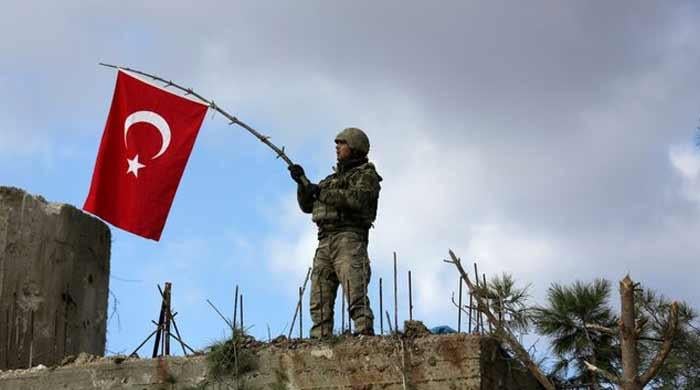
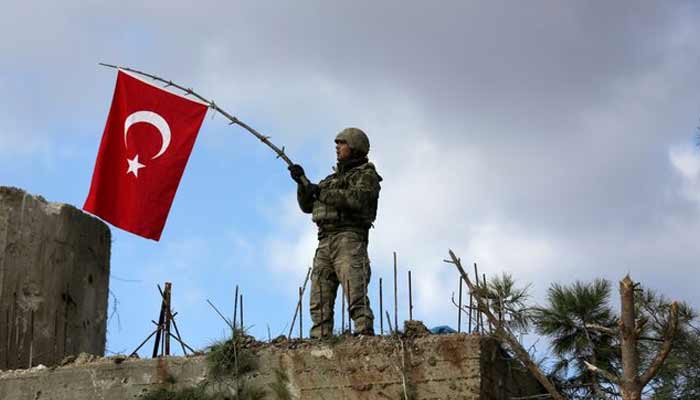
Some 115 alleged members of Daesh suspected of planning attacks during the end-of-year holidays have been arrested in Turkiye, Istanbul’s prosecutor general said on Thursday.
His office said he had ordered the arrest of 137 people, of whom 115 so far have been detained, “following intelligence indicating that the Daesh terrorist organisation was planning attacks during Christmas and New Year celebrations”.
Turkiye shares a 900-kilometre (559-mile) border with Syria, where terrorist groups are still active.
Washington recently blamed a lone Daesh gunman for an attack in Palmyra, Syria, on December 13 in which two US soldiers and an American civilian died.
This week, Turkiye intelligence agency also conducted an operation on the Afghanistan-Pakistan border area, capturing a Turkish national who it said held a senior role in the Daesh.
At the time of his arrest, Mehmet Goren, since transferred to Turkiye, was accused of organising suicide attacks targeting civilians in Afghanistan, Pakistan, Turkiye, and Europe.
Politics
Helicopter is crash dawn, five people killed
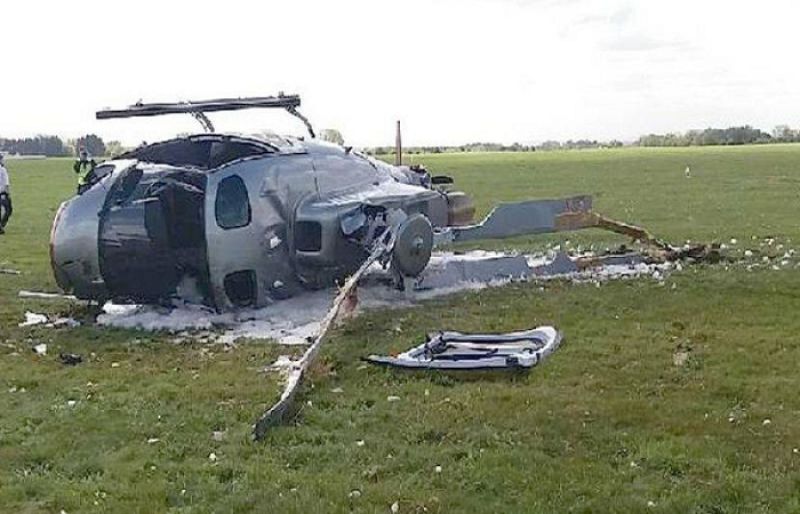

A helicopter crashed on Tanzania’s Mount Kilimanjaro, killing five people, the civil aviation authority said on Thursday, while local media reported that the aircraft was on a medical rescue mission.
The helicopter crashed near the mountain’s Barafu Camp on Wednesday, Tanzania Civil Aviation Authority said in a statement.
Mwananchi newspaper and East Africa TV, citing Kilimanjaro region’s head of police, Simon Maigwa, reported that the helicopter was on a medical rescue mission.
Among the dead were a guide, a doctor, the pilot and two foreign tourists, Mwananchi cited Maigwa as saying, without giving the tourists’ nationalities.
Mount Kilimanjaro, Africa’s highest peak, is nearly 6,000 meters (20,000 ft) above sea level.
The crash happened between 4670 and 4700 metres, Mwananchi reported.
Around 50,000 tourists climb Kilimanjaro annually.
Politics
Christians celebrate Christmas around the world
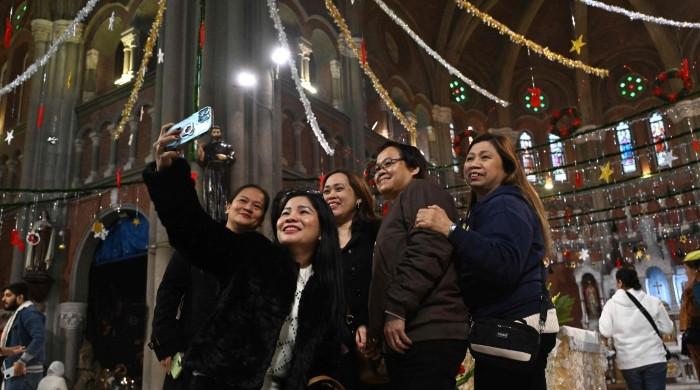
Christmas was observed across the world on Thursday as people around the world in prayers and traditional festivities with religious devotion and celebrations.
With churches lit up and decorated with Christmas trees, worshippers took part in services
Pope Leo XIV held the first Christmas mass of his pontificate, greeting thousands of faithful gathered in St Peter’s Square before the service.
During the mass, Leo said Christmas was a feast of “faith, charity and hope” and criticised a “distorted economy” that “leads us to treat human beings as mere merchandise”.
Before, he spoke in front of St Peter’s basilica to offer Christmas wishes and thank those who had come to follow the mass on outdoor screens despite rainy weather.
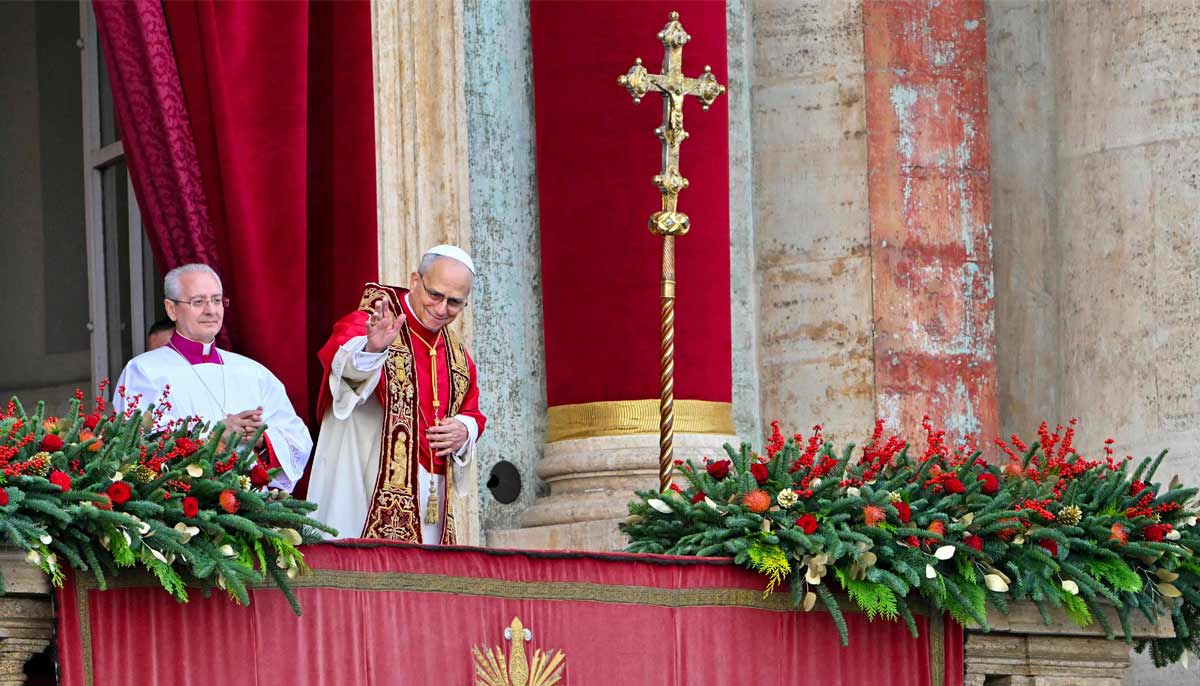
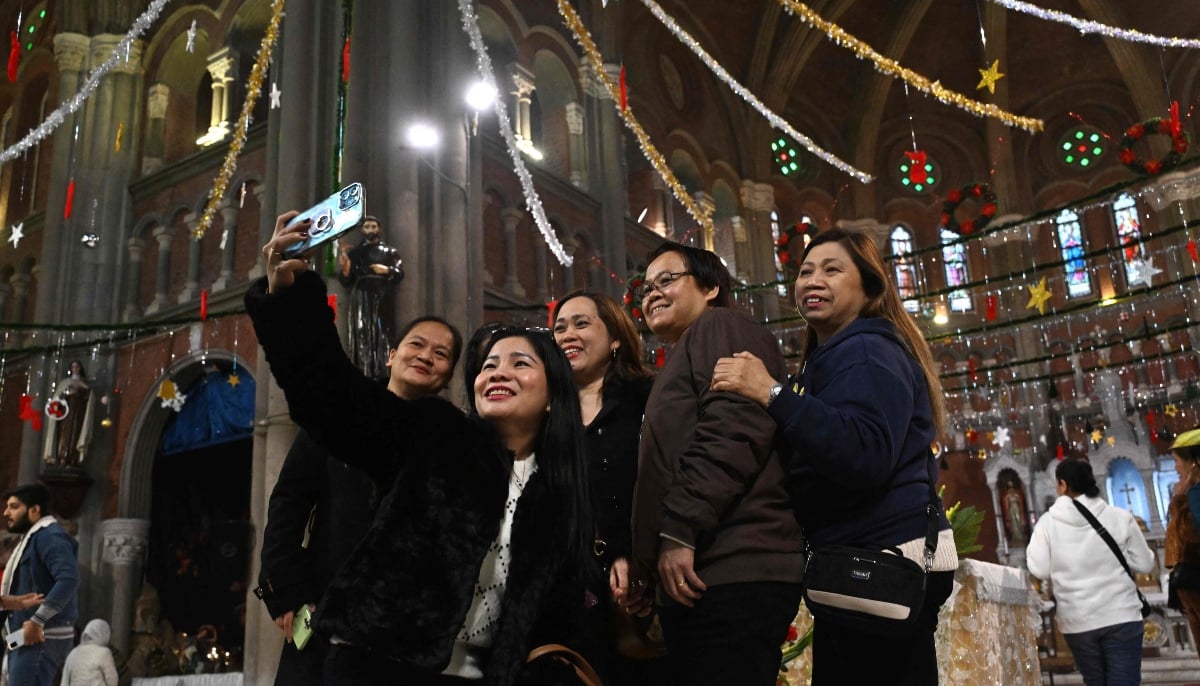
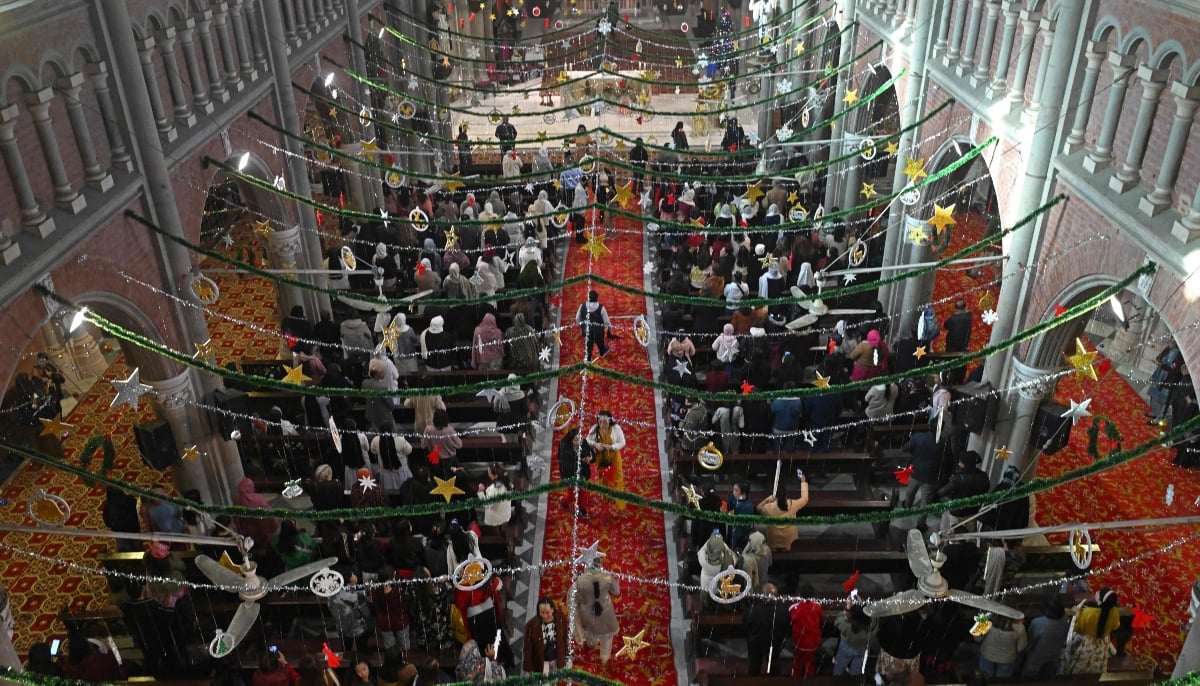
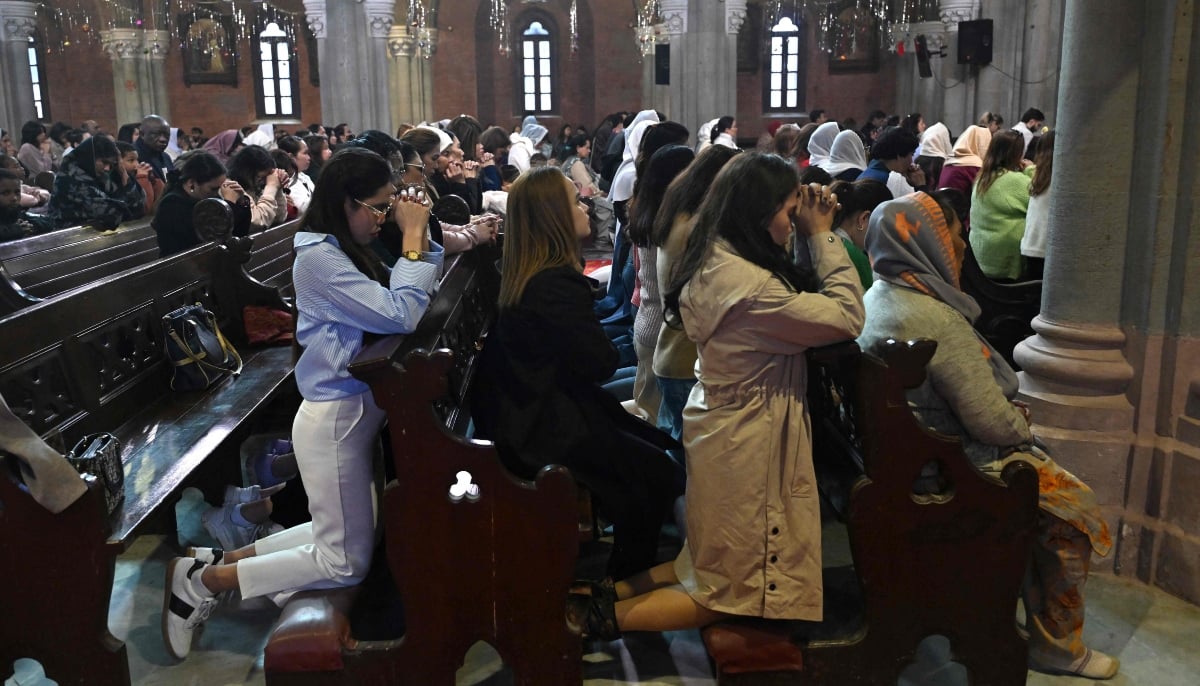
“St Peter’s is very large but unfortunately it is not large enough to receive all of you,” he told the crowd of around 5,000 people.
The US pope has adopted a more discreet and moderate style to that of his charismatic predecessor Francis, who died on April 21.
The mass was attended by high-ranking Church figures, diplomats and around 6,000 faithful.
Leo stuck to a very religious homily without any direct reference to current affairs.
The ceremony celebrates the birth of Jesus Christ and is one of the most important days in the Catholic Church calendar.
The service combines traditional music with symbolic gestures such as placing a statue of the baby Jesus in a cradle.
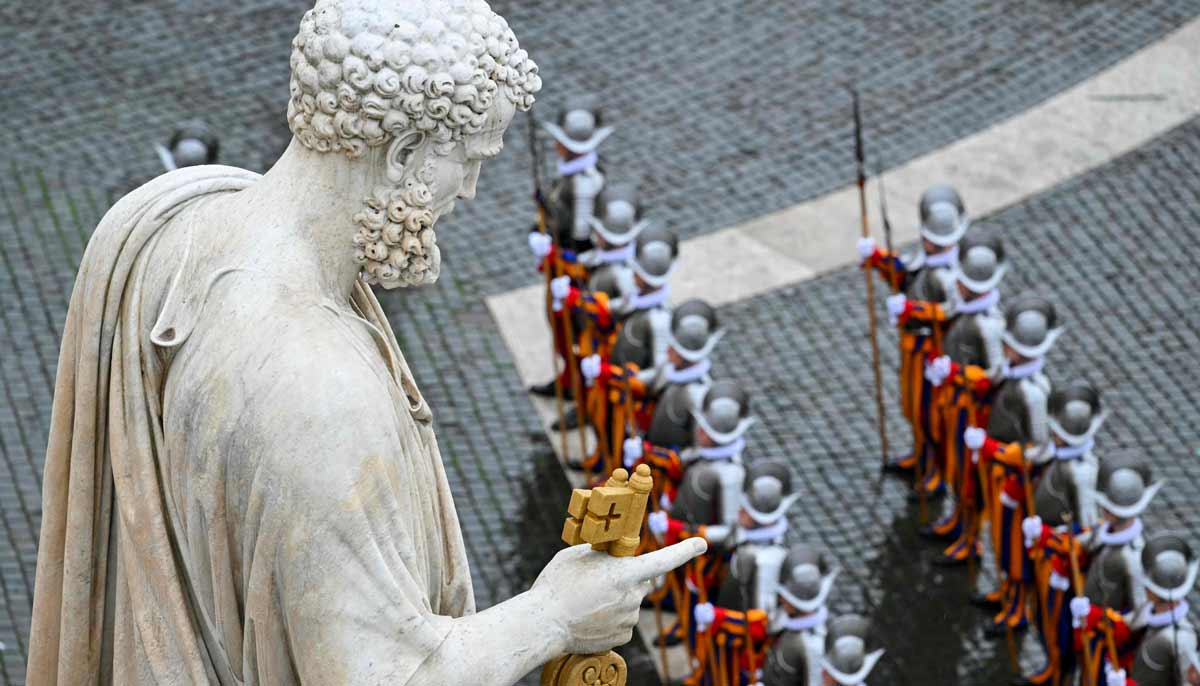
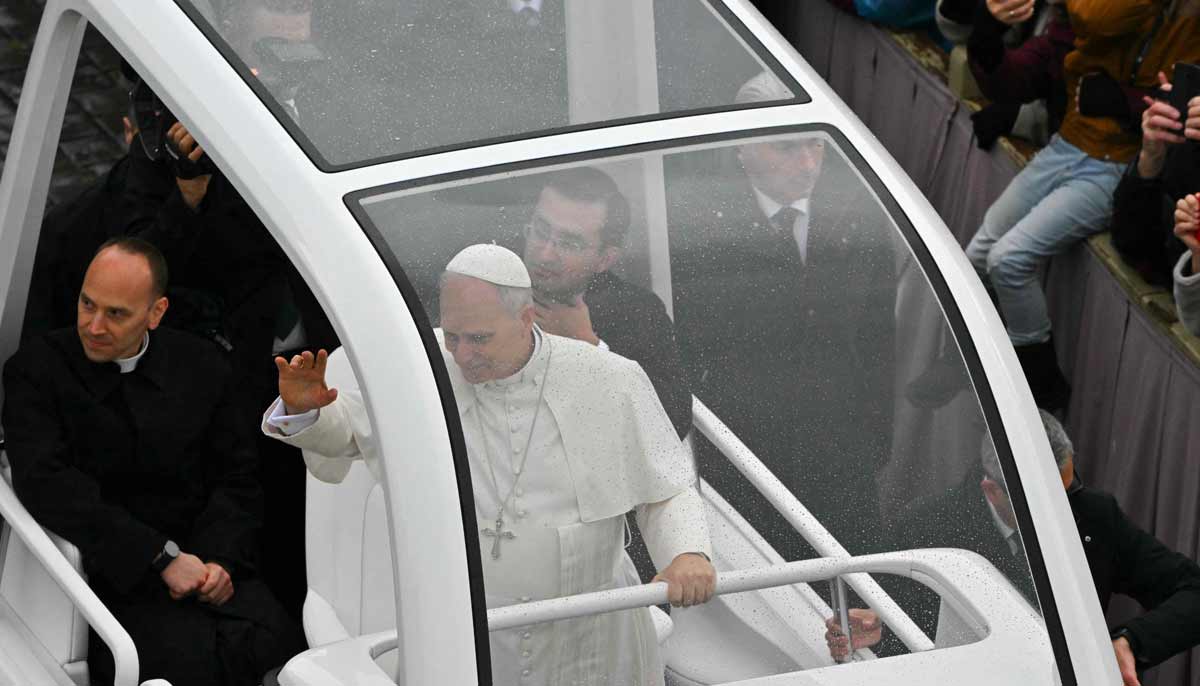
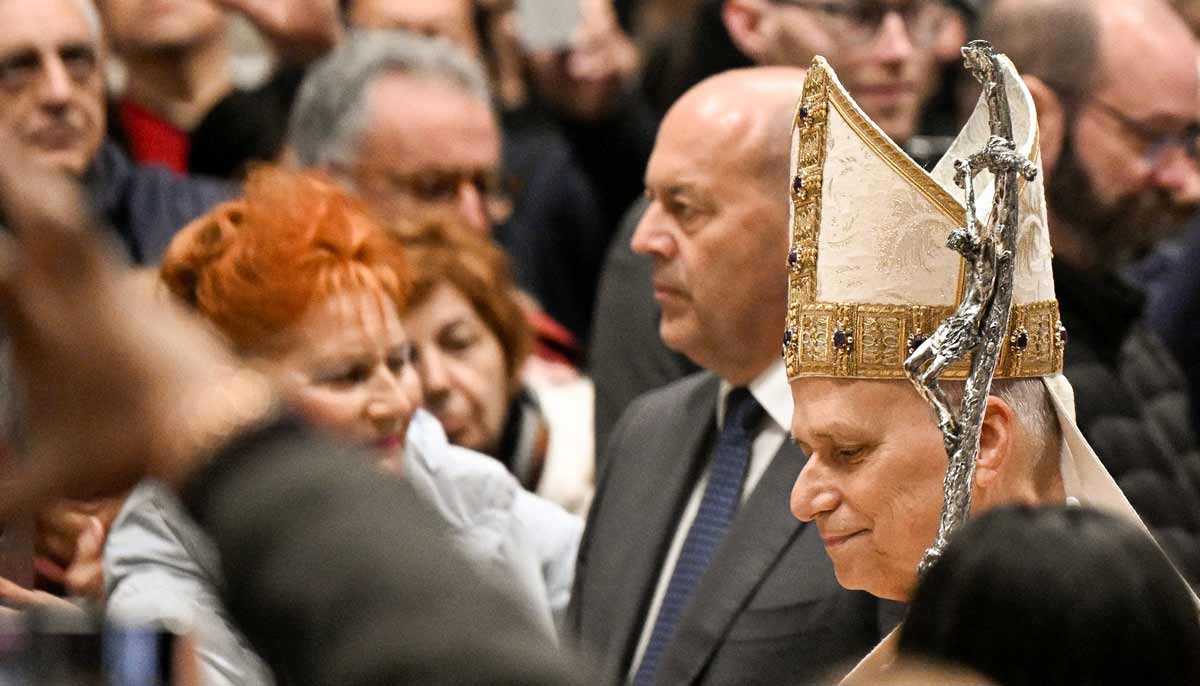

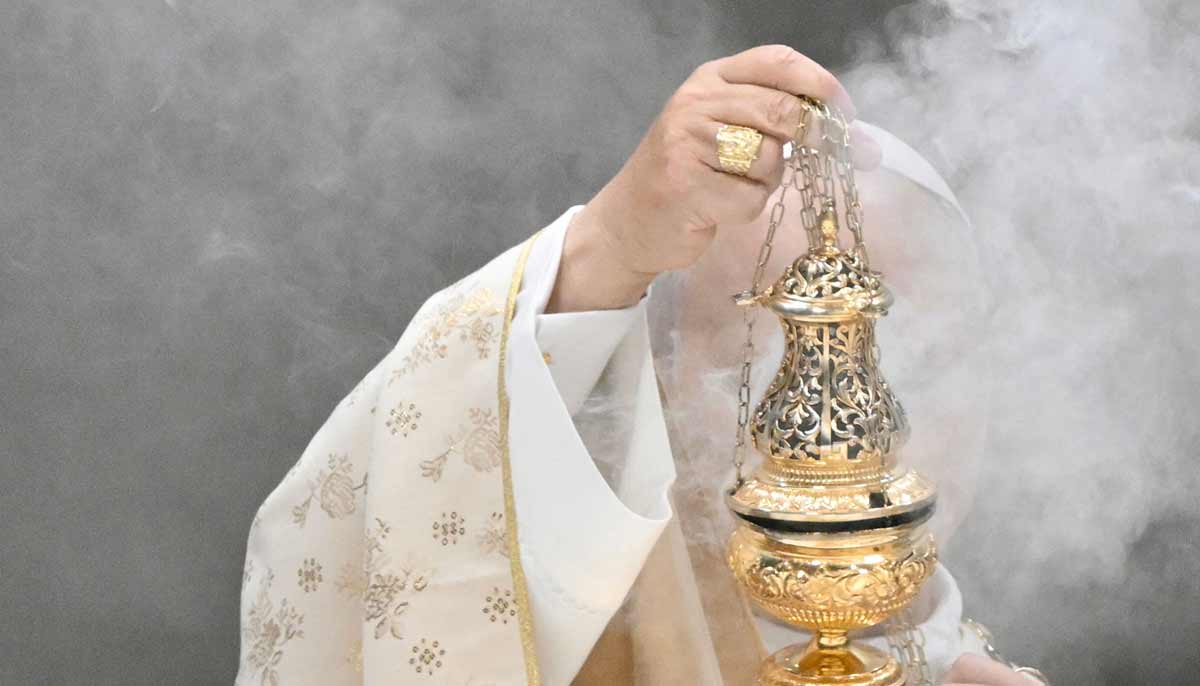

-

 Fashion1 week ago
Fashion1 week agoIndonesia’s thrift surge fuels waste and textile industry woes
-

 Business1 week ago
Business1 week agoBP names new boss as current CEO leaves after less than two years
-

 Tech1 week ago
Tech1 week agoT-Mobile Business Internet and Phone Deals
-

 Sports1 week ago
Sports1 week agoPKF summons meeting after Pakistani player represents India in kabaddi tournament
-
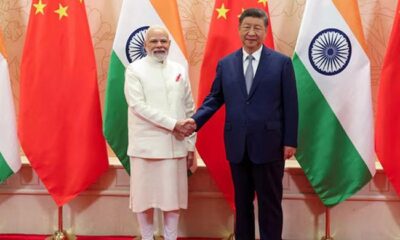
 Entertainment1 week ago
Entertainment1 week agoIndia streamlines visa rules in boost for Chinese professionals
-

 Sports1 week ago
Sports1 week agoUWCL grades for all 18 teams: Leuven get A+; Barça an A-, PSG fail
-
Sports5 days ago
Alabama turned Oklahoma’s College Football Playoff dream into a nightmare
-
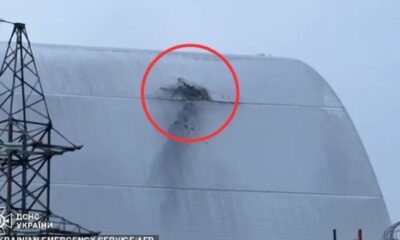
 Entertainment1 week ago
Entertainment1 week agoRadiation fears rise after cracks found in $2 billion Chernobyl shield






